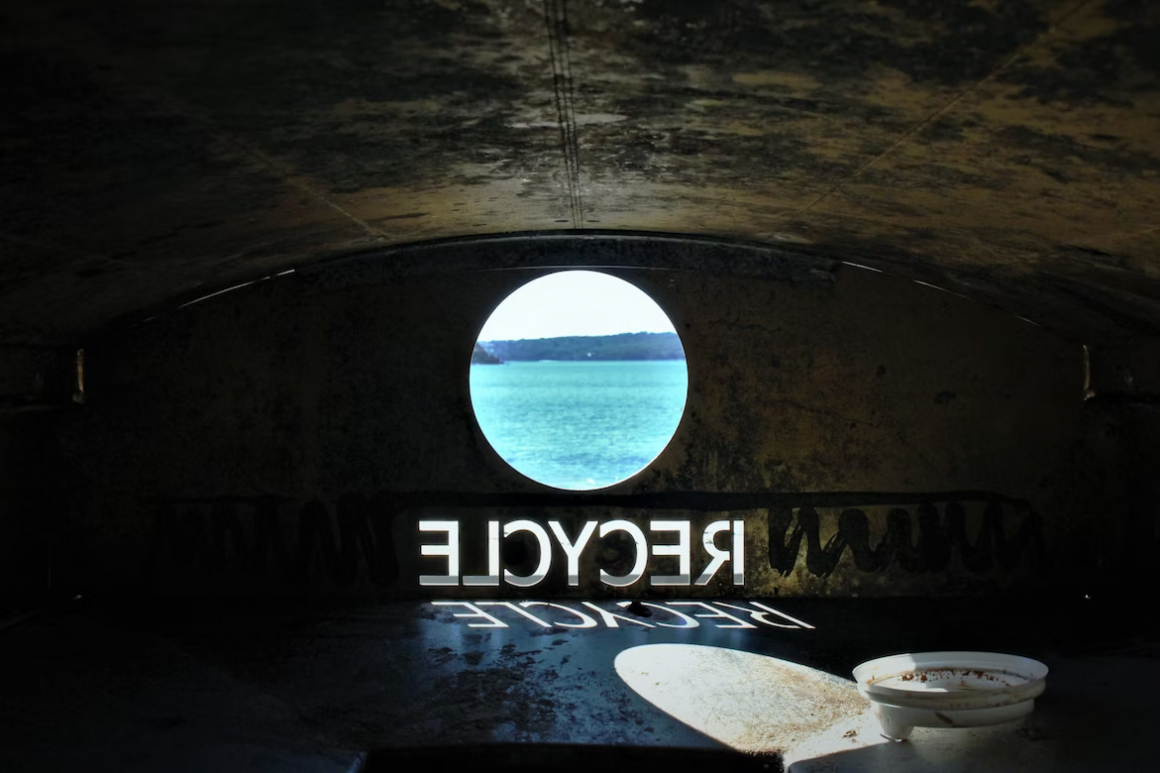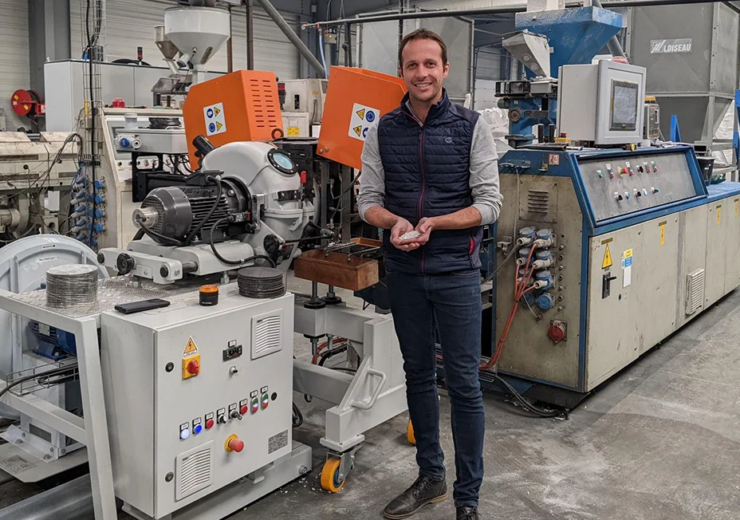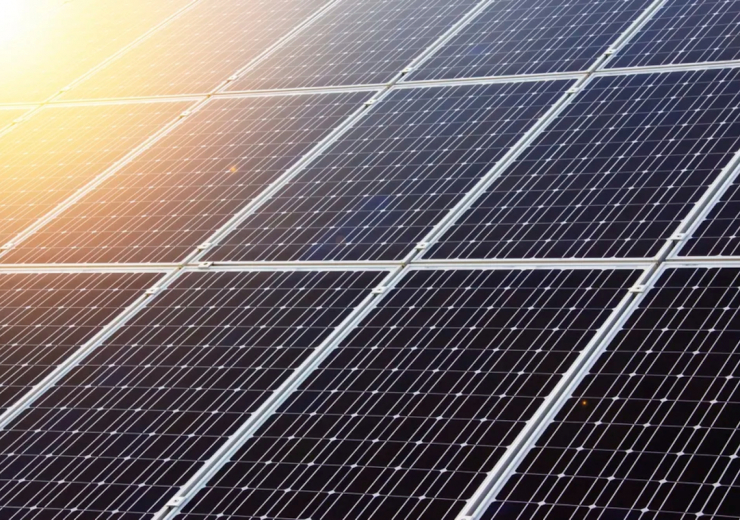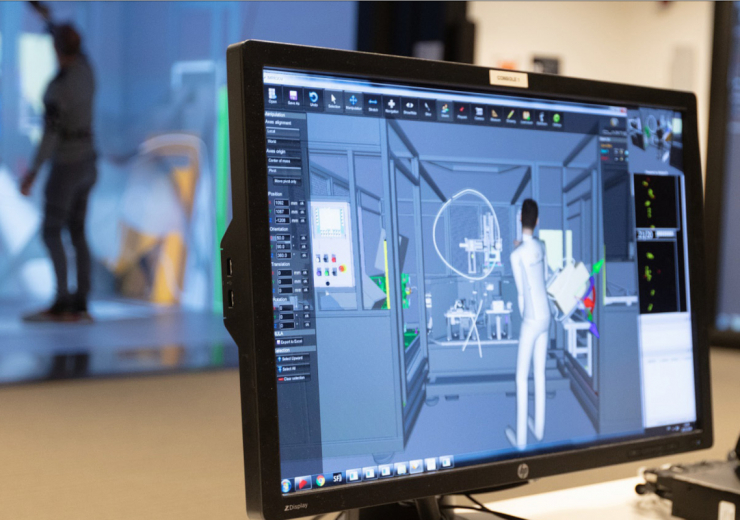In response to growing consumer demand for action against environmental crises, many companies based in Atlantic France are trying to raise awareness of more environmentally friendly production and consumption patterns by investing in waste recycling and renewable energy.
The circular economy is a growth vector for companies in the Atlantic France region. As proof of this, the national waste conference, Les Assises des déchets, will be held in September in Nantes. The central theme will be the contribution of the waste sector and the circular economy to national and European sovereignty.
This conference is organised by an association that brings together the French Ministry of Ecological Transition, the network of environmental, development & housing directorates (DREAL), but also industrialists from the waste sector, and environmental associations. It has been taking place in Atlantic France every two years for the past 30 years.
Consuming more responsibly
In order to reduce the use of fossil fuels, many companies are heavily investing in renewable energy. This is the case for time and attendance specialist Bodet Time, which has just recently developed the solar-powered, energy-independent Profil 930 L clock.
This new product from the Cholet-based company is powered by two solar cells designed by Asca, a subsidiary of the Nantes-based group Armor, which specialises in the development of organic photovoltaic films. This film allows the clock to function in a dimly lit indoor environment.
Producing in a more sustainable way
Eco-design is one of the fundamental pillars of the circular economy. Producers of goods and services are increasingly sensitive to environmental issues. Consulting firms supporting the ecological transformation of companies, such as Nantes-based agency Evea, are flourishing.
In addition to measuring the environmental profile of a product or carrying out its clients’ greenhouse gas emissions assessment, Evea also offers support with the transformation of companies’ products and services while also providing training in environmental and social assessment and eco-design.
Towards better waste management
Recycling organic and plastic waste is central to the principles of the circular economy. Many players in Atlantic France have invested in this market.
Companies involved in recycling plastic
All areas are affected by plastic recycling. In the construction sector, Génération bien construire (GBC) is planning to raise €3 to €5 million in 2023 to increase its plastic micronisation capacity. This company recycles plastic waste into polypropylene to make modular blocks that can be used for interior and exterior fittings, street furniture, swimming pools, etc. The investment will also enable the processing of other plastics, including polyethylene and polystyrene.
In the cosmetics, perfumery, and pharmaceuticals sector, Technicaps, a specialist in closures and packaging solutions, is opening a second 3,200 sqm production workshop in Le Mans, which will be dedicated to the manufacturing of caps and closures for bottles and jars. These products will be made from a chemically recyclable polyethylene terephthalate (PET) plastic injection and cellulose-based injectable materials. The Sarthe-based company wishes to meet the demands of its international luxury goods customers, who are looking for more environmentally friendly solutions.
Plastic recycling also concerns the agricultural sector. The manufacturer of industrial and agricultural plastic films Trioworld is launching Triosmart, a new range of products dedicated to horticulture which are composed of 68% recycled material. Manufactured at its Anjou site, this film is dedicated to the creation of greenhouse tunnels for market gardeners in the Atlantic France region. This film is collected after use, then washed and reprocessed by Trioworld at its Maine-et-Loire factory before being returned to these same local producers. The company plans to duplicate this circular economy production model for all its agricultural and industrial films.
The food sector accounts for around 68% of plastic packaging production, according to the annual study conducted by Asterès for Elipso (the trade association representing plastic packaging manufacturers). Recycling is therefore a huge challenge for companies in the sector. France’s leading consumer milk company, Lactel, has announced that it is accelerating the roll-out of its milk bottles which are made from recycled plastic. The brand is also investing in bundling films, which are used on recycled plastic.
Plastic packaging specialist SGT, based in Rezé near Nantes, understood that there was an open opportunity in the food sector. This is why it plans to equip itself with a new decontamination process that will make recycled plastic suitable for food use. In 2020, SGT invested €28 million in a plant that is partly dedicated to the manufacturing of food-grade recycled PET. Other investments have also been planned at its two French sites.
Companies developing solutions to recycle waste
In Atlantic France, some companies stand out for their green and food waste recycling projects. This is the case for Moulinot compost & biogaz, which has invested €3 million in the creation of a local food waste recycling industry in Angers. It plans to create 30 to 40 jobs in organic waste collection from collective and commercial catering. This waste will then be converted into biogas by the process of methanisation.
For its part, Brangeon Group, which specialises in transport and waste management, is taking over Ecosys, as it has been in receivership since January. Based in Carquefou, near Nantes, this company specialises in the collection and processing of green waste into compost and in the recycling of wood by transforming it into mulch and briquettes. This acquisition allows Brangeon to develop its organic matter recycling activity.


 日本語
日本語  Français
Français 



